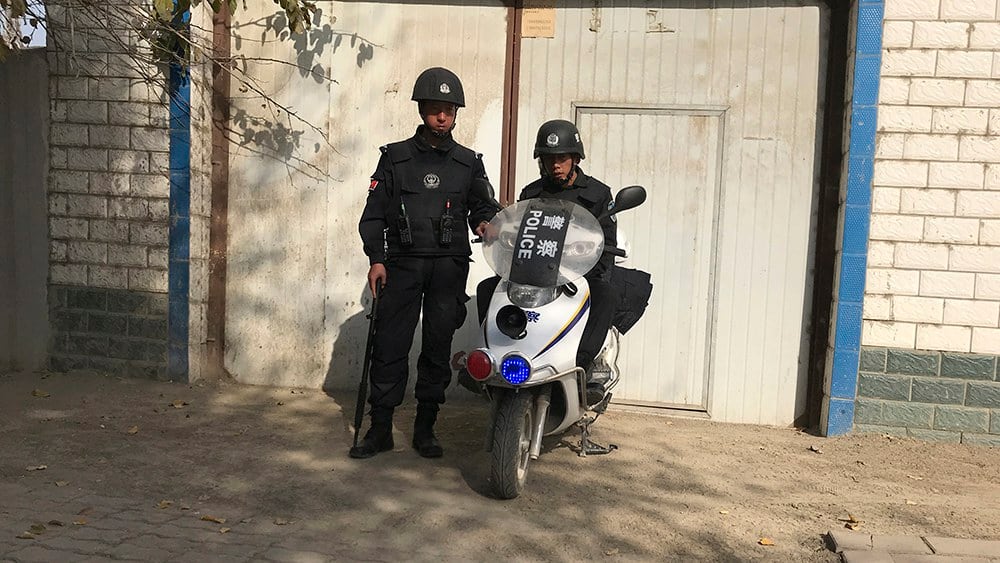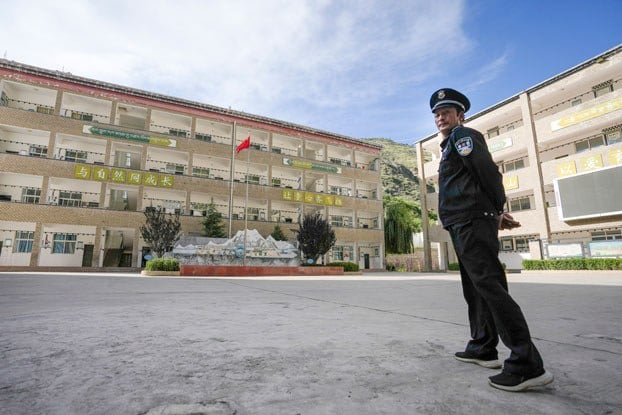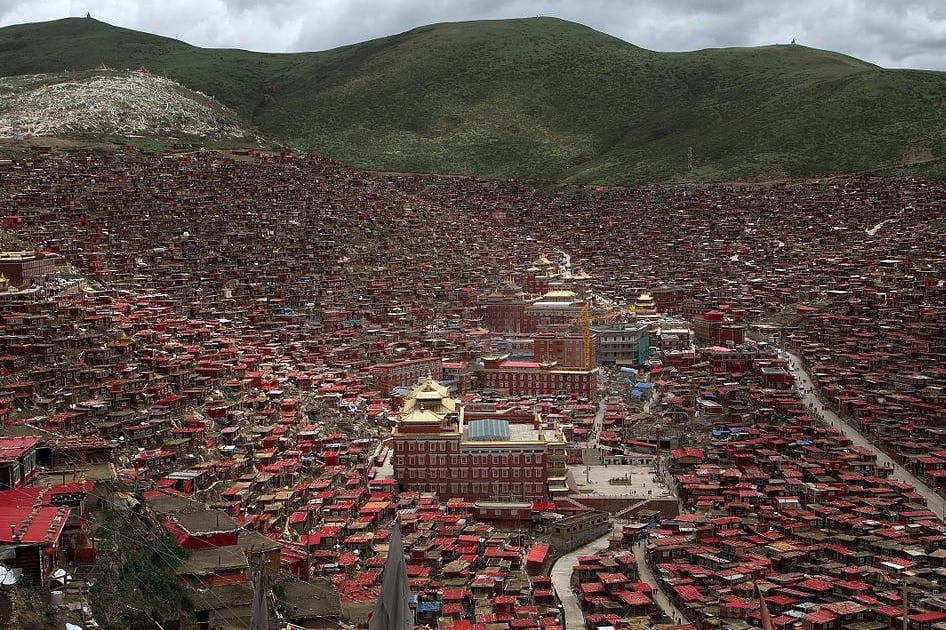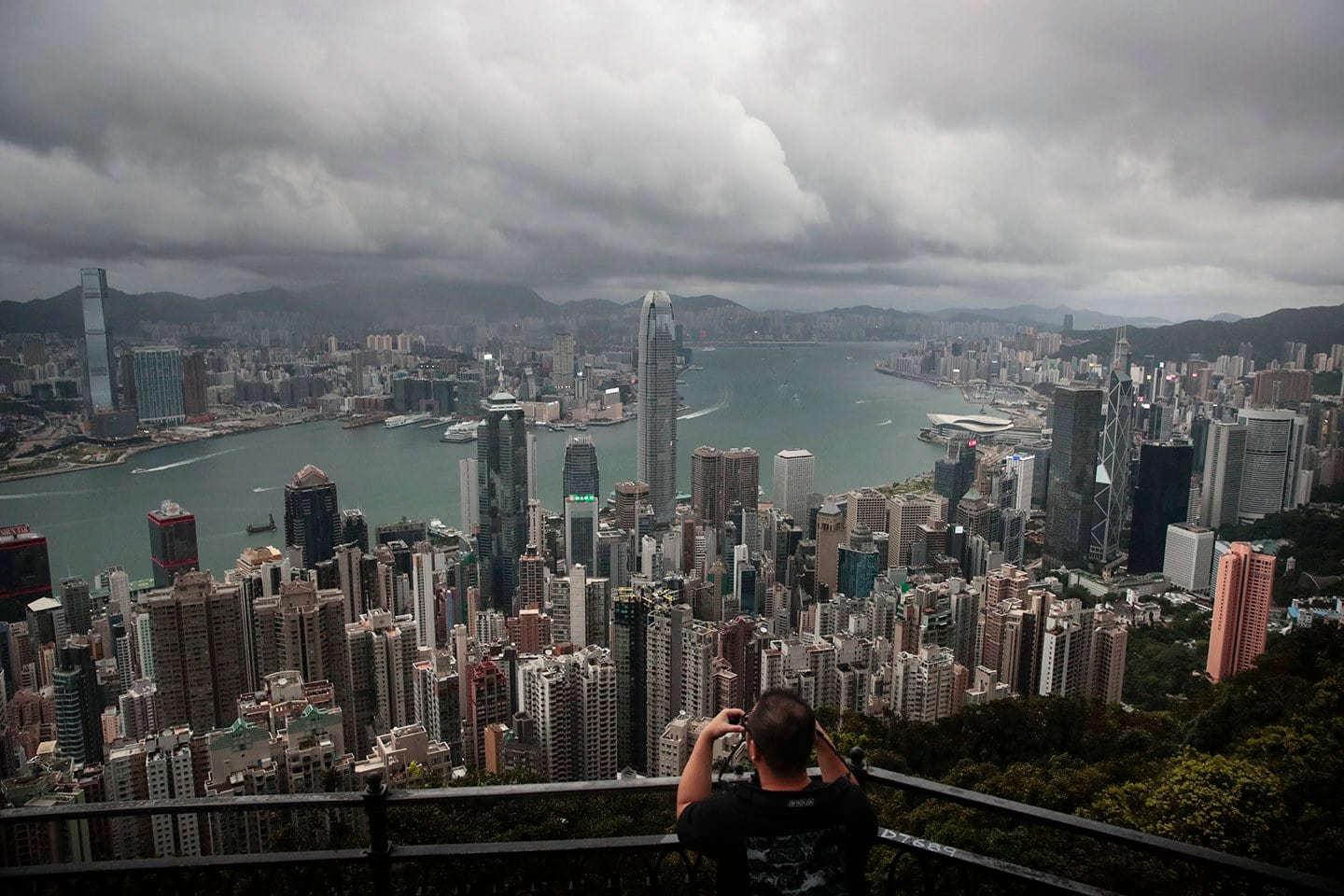The newsroom is dark. The microphones are off. Broadcasts have been silenced. Publishing is paused. On social media. On our websites.
Due to uncertain funding, Radio Free Asia is not delivering news to our audiences for the first time in our history.
For RFA journalists who sacrificed so much in defying powerful and malignant forces, it’s an excruciating moment. And make no mistake, authoritarian regimes are already celebrating RFA’s potential demise.
When RFA Uyghur journalists first exposed the violent repression and mass detainment of Uyghurs in Xinjiang, China harassed and arrested their family members. Still, our journalists bravely continued the work of uncovering atrocities. With the world’s only independent Uyghur-language news service shuttered, China’s propaganda will fester without a potent and effective accountability check.
Without RFA Tibetan journalists, China’s campaign of forced assimilation and erasure of Tibetan culture and language will be underreported. As will China’s regime of intimidation and suppression of pro-democracy activism in Hong Kong, which RFA Cantonese journalists regularly exposed at great risk to their own personal safety. Without RFA Mandarin, WHYNOT and Asia Fact Check Lab, independent reporting and fact-checking in the most widely spoken of all Chinese dialects is severely diminished.
Without RFA journalism in Vietnam, where at least four RFA contributors remain imprisoned, the communist regime has a total monopoly on information disseminated to more than 100 million people.
In Myanmar, where later this year the military government is staging long-promised elections largely condemned as a sham, there will be no RFA Burmese journalists scrutinizing the junta’s promise of a free and fair vote. Those journalists were honored this month with two national Murrow Awards for their excellent reporting.
Without RFA Korean, 26 million North Koreans isolated by the repressive regime’s war on free speech and a free press will lack a critical link to independent information. RFA Korean journalists were celebrated earlier this year at the 50th annual Gracie Awards for their report on North Korean escapees.
RFA Lao journalists exposed the perils of the rush to dam the Mekong River. They also reported on the alarming rise of teenagers trafficked into scam centers in Myanmar, which the United Nations described as a human rights epidemic of exploitation, forced labor and torture. The absence of RFA journalism amputates that fearless reporting in Laos, where criticism of authorities can result in long prison sentences.
It was RFA’s Investigative Unit that laid bare the forced labor scam compounds perpetrated by the Prince Group. Just this month, the United States and the United Kingdom imposed sweeping sanctions against the Cambodian conglomerate, designating it a transnational criminal organization. Without our investigative journalists, the schemes that authoritarian regimes and corrupt organizations work so hard to conceal will likely remain hidden.
The journalists of RFA Khmer, including those who told heartbreaking stories of surviving the Cambodian genocide, worked tirelessly to expose the persistent corruption and cronyism within Cambodia’s authoritarian government. In response, the regime declared two of our journalists as “hostile to the state,” a broad legal designation used to suppress dissent, and deployed their online troll army to harass our journalists on social media. Even in the face of coordinated intimidation, RFA Khmer journalists never capitulated. Without their reporting, Cambodians lose an important spotlight on flagrant violations of basic human rights by the ruling Cambodian People’s Party.
When the initial funding disruption earlier this year forced RFA to furlough the majority of our editorial staff, the handful of journalists who remained launched RFA Perspectives, determined to fulfill RFA’s congressionally mandated mission to provide uncensored, accurate news and information in regions across Asia hostile to a free press. That program, too, will end.
Independent journalism is at the core of RFA. For the first time since RFA’s inception almost 30 years ago, that voice is at risk.
We still believe in the urgency of that mission — and in the resilience of our extraordinary journalists. Once our funding returns, so will we.
Stay tuned.
Rosa Hwang
Executive Editor




